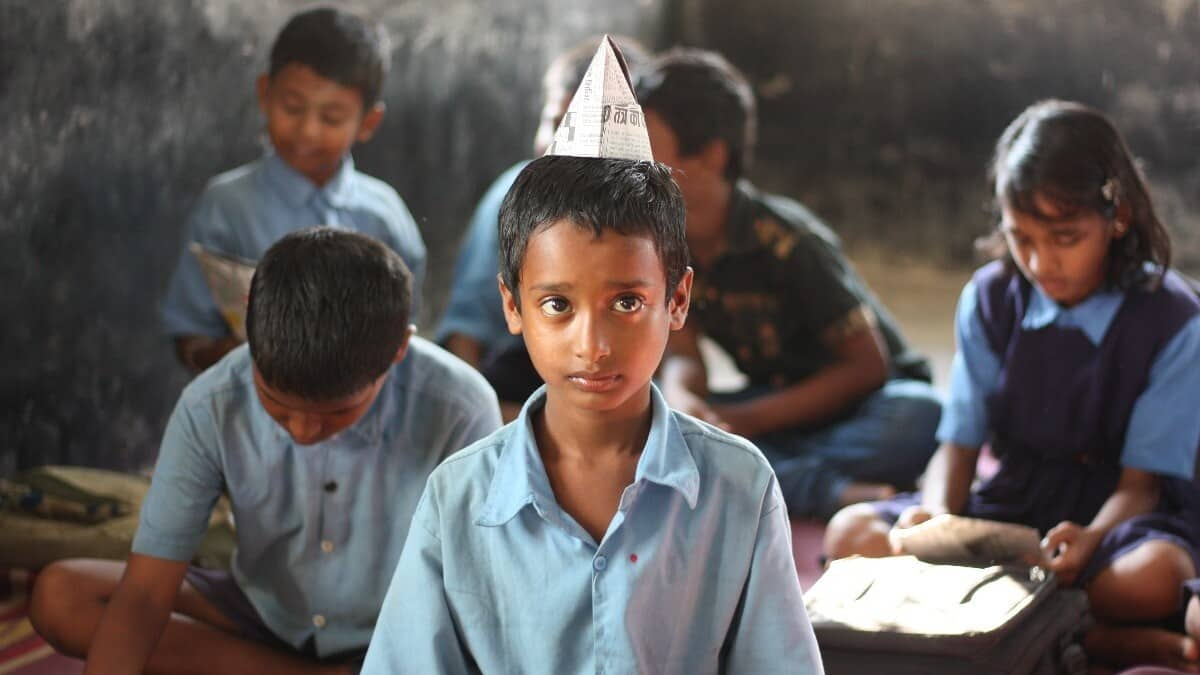
Explained: Centre scraps no-detention policy—Classes 5, 8 may face failure
What's the story
The Indian government has done away with the "no-detention policy" for students of Classes 5 and 8 in central government-run schools.
The decision, which affects over 3,000 such schools including Kendriya Vidyalayas, Navodaya Vidyalayas, and Sainik Schools, comes after the Right to Education Act (RTE) was amended in 2019.
Under the new system, students failing their year-end exams won't be automatically promoted but given another chance to improve their performance.
Policy details
New policy offers additional instruction and re-examination
According to a gazette notification, students failing in regular exams will get additional instruction and a chance to reappear for exams within two months of result declaration.
If they fail again, they will be held back in their current class.
During this time, teachers will guide students and parents by identifying learning gaps and providing specialized support.
The government has clarified no student can be expelled from school before completing elementary education.
Exam focus
Exams to focus on understanding, not memorization
The exams under the new policy will focus on students' understanding and overall development instead of rote learning.
This shift is aimed at ensuring a holistic assessment of students' academic growth.
However, despite the central government's decision, states and Union Territories have the freedom to choose if they want to continue or scrap this policy in their schools.
Policy status
Several states and UTs have already scrapped the policy
At least 18 states and Union Territories, including Delhi, Assam, Bihar, Gujarat, and West Bengal have already scrapped the "no-detention policy" for Classes 5 and 8.
Haryana and Puducherry are yet to decide on the matter.
The delay in notification since the amendment was approved in 2019 was because the new National Education Policy (NEP) was announced within six months of the amendment.